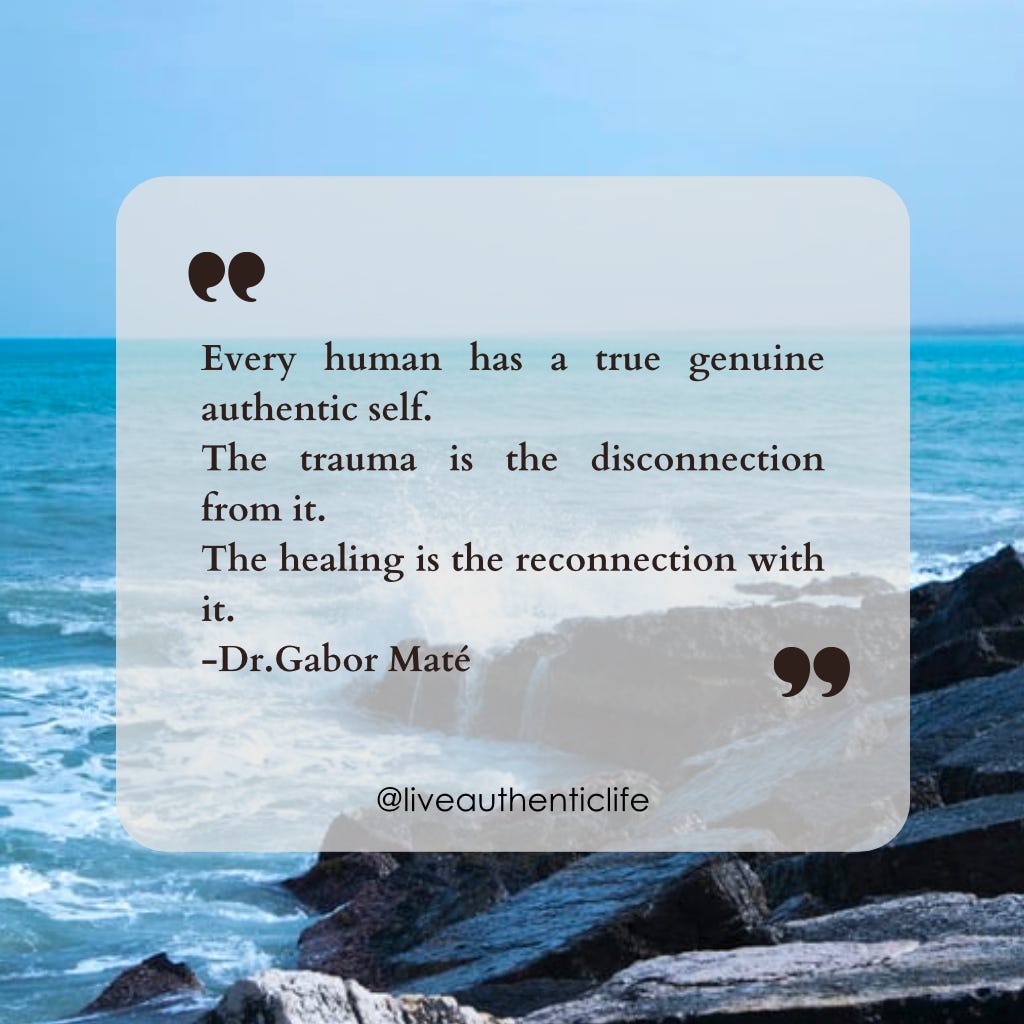The Body Knows Before You Do
What if your body noticed something—long before your mind could name it?
What if your stomachaches, fatigue, or anxiety weren’t random?
What if your body noticed something—long before your mind could name it?
For years, I thought healing meant getting over things.
Push forward. Do more. Don’t overreact.
But the more I observed people in hospitals, the more I sat with patients who “had no clear diagnosis,” the more I realized:
Our bodies aren’t just carrying symptoms.
They’re carrying stories.
Unfinished ones.
Unfelt ones.
Ignored and misunderstood ones.
The Body Doesn’t Lie.
We’ve been raised to trust our logic.
To explain things away.
To treat a racing heart like caffeine, a tense jaw like a bad habit, a migraine like genetics.
But your body?
It whispers what your mind can’t say—until it has no choice but to scream.
Stress doesn’t disappear just because we keep going.
It embeds itself into breath patterns.
Muscle tension.
Hormonal cascades.
Gut dysregulation.
Sleeplessness.
Disconnection.
And most of us don’t even realize we’re living in emergency mode.
As Gabor Maté writes in When the Body Says No:
“The body will always say what the mind resists acknowledging.”
So when you feel unexplained fatigue, chronic bloating, numbness, or endless overthinking, your nervous system might be protecting you—not failing you.
It’s not weakness.
It’s a freeze state.
A signal that says: “You’re carrying too much for too long.”
Bessel van der Kolk reminds us in The Body Keeps the Score:
“Trauma is not the story of something that happened back then.
It’s the current imprint of that pain on mind, body, and soul.”
So maybe your stomach pain isn’t just bad digestion.
Maybe it’s suppressed fear.
Maybe your fatigue isn’t laziness.
Maybe it’s the residue of never feeling safe to stop.
Modern Medicine: A Reactive Model for Chronic Disconnection
In med school, we’re learning how to diagnose fast.
To check labs. Treat symptoms. Patch the crisis.
But no one taught me how to ask:
“When did this person stop feeling safe in their body?”
Most of our systems are designed to show up after the fire.
But what about the smoke?
The subtle signs that something is off long before the labs show it?
The Ancient Wisdom Knew This All Along
From Islamic fasting to Chinese qi theory, from Native American body rituals to Stoic practices of silence—
cultures around the world knew that the body is a teacher, not a machine.
They built rhythm.
They taught pauses.
They linked emotions and organs, behaviors and breath.
Healing wasn’t a treatment. It was a lifestyle—rooted in connection.
And we forgot.
Shame: The Invisible Fire Behind Many Conditions
As Brené Brown says,
“Shame is the fear of disconnection.”
But it’s also inflammation in disguise.
It silences expression. It flares up in joints, hormones, cycles.
Shame says: “Don’t be too loud. Don’t be too soft. Don’t be too much.”
And the body tightens around that silence.
Until it aches.
So, what now?
We can’t always go back and undo trauma.
But we can begin a new relationship with our body—starting today.
And the first step isn’t yoga or journaling or biohacking.
It’s this:
“I believe you.”
Say that to your fatigue.
To your skin flare.
To your freeze response.
To your silence.
That’s where healing begins.
Reflection Prompt for You:
When was the last time your body tried to tell you something before your mind caught up?
What did it say?
Did you hear it?
Did you believe it?
You are not broken. You are not weak. You are not too much.
You are simply someone who’s been strong for too long—
and your body is asking for gentler hands now.
Let’s start there. Be present and patient.
This content is educational and reflective in nature and does not substitute for medical or mental health advice.
Live Authentic Life
Sources & Inspirations:
Dr. Gabor Maté, When the Body Says No
On how suppressed emotions manifest as illnessBessel van der Kolk, The Body Keeps the Score
On trauma’s imprint on the body and brainStephen Porges, Polyvagal Theory
On the role of the vagus nerve in safety and stressBrené Brown, The Power of Vulnerability
On shame, disconnection, and emotional inflammationTraditional Healing Systems
Chinese Medicine (organ-emotion links)
Islamic fasting + dhikr (nervous system regulation)
Ancient Greek medicine (balance of humors and lifestyle alignment)
Clinical Observations
From my experiences in ER and internal medicine as a medical student
Personal study of somatic trauma, regulation, and gut-brain science




